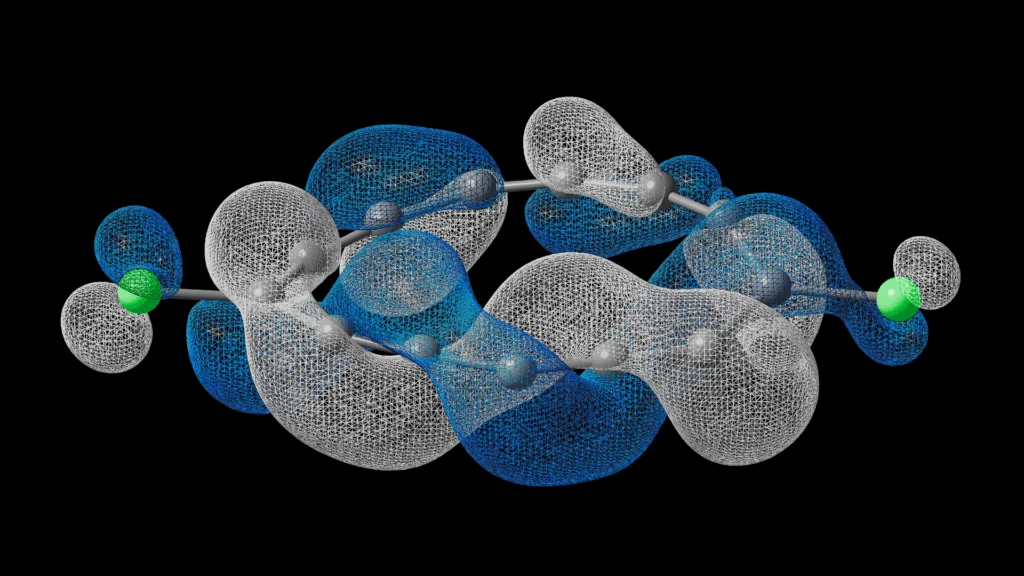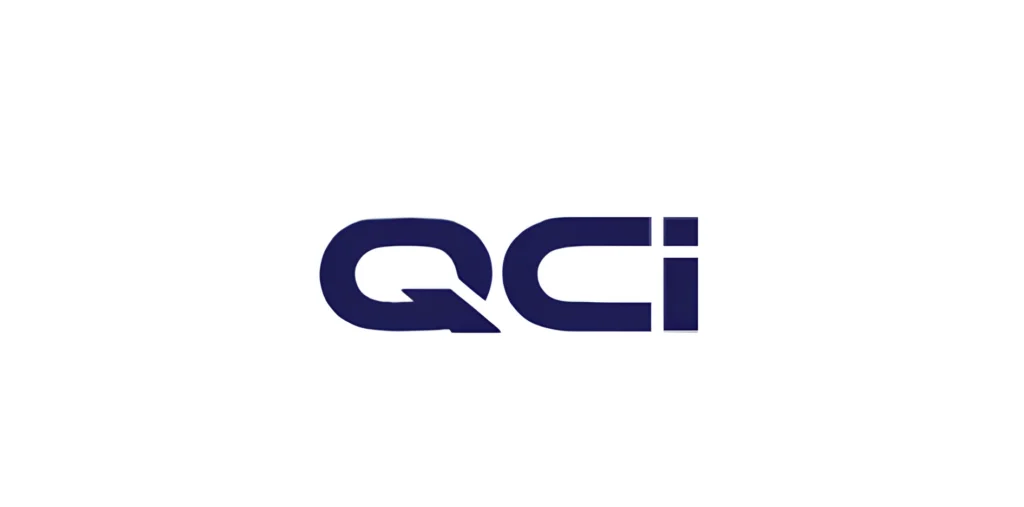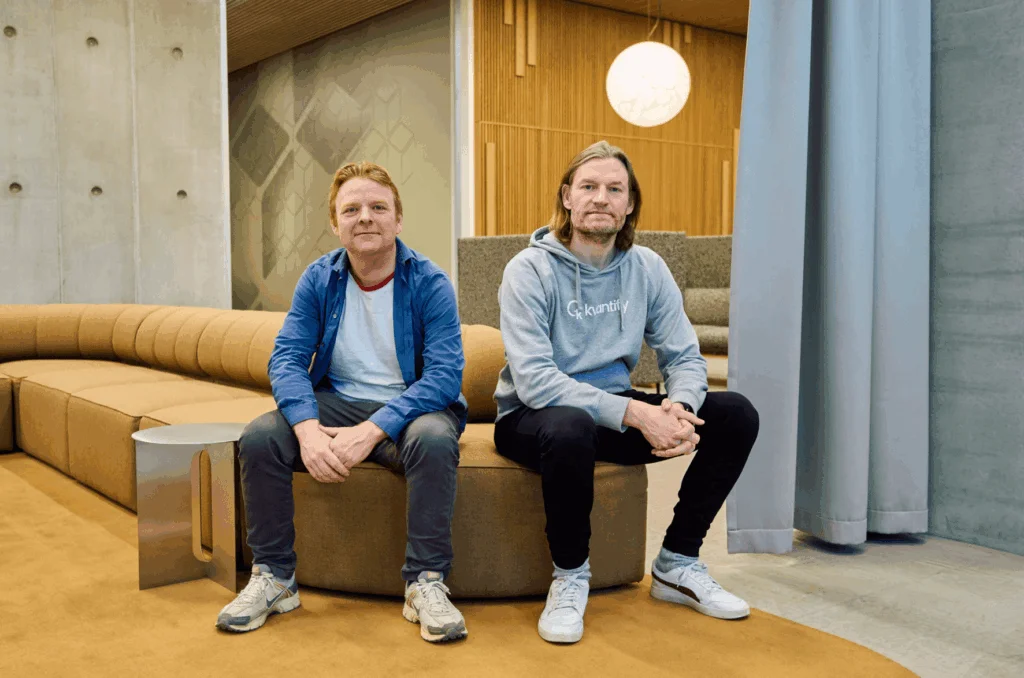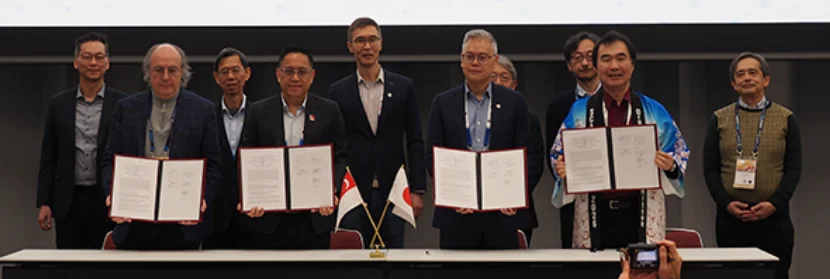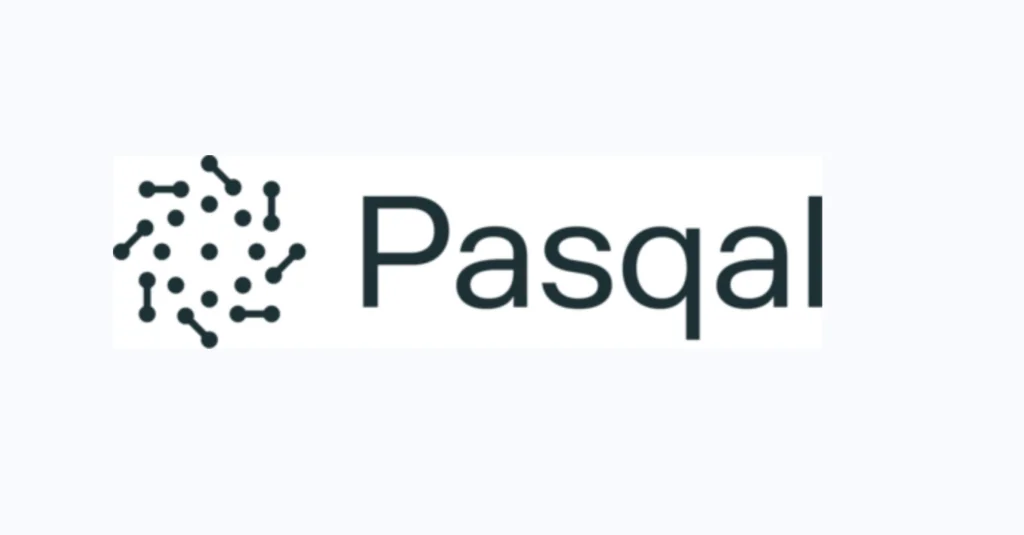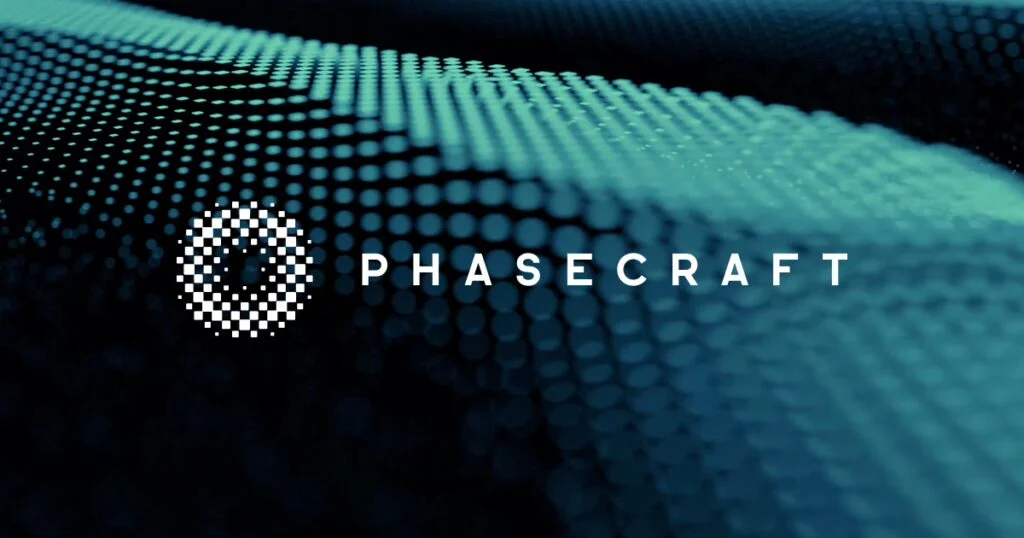In a recent podcast interview, Pedro Lopes, Quantum Advocate at QuEra Computing, offered his opinion towards the current state and prospects of quantum computing. With a background in theoretical physics and a personal interest in communication regarding complex ideas, Lopes gave an excellent general description of how QuEra approaches quantum technology and some of the sector’s problems.
At the heart of QuEra’s technology are neutral atoms, which Lopes describes as fundamental building blocks of matter.
“We call them neutral because an atom is usually composed by a nucleus like a center part and an electronic cloud so it has electrons,” said Lopes. “The electrons are charged. The nucleus is also charged. They bind together. Opposite charges attract each other so they bind until they become neutral.”
One of the key advantages of neutral atom quantum computers, according to Lopes, is their scalability. Unlike other quantum technologies that require extensive wiring, QuEra’s approach allows for more efficient control of qubits.

“With a single signal I can move tens of qubits,” Lopes noted, highlighting the potential for larger-scale quantum systems.
However, Lopes was quick to point out that the field is still in its early stages. When asked about current applications, he said: “As far as I know no one has been able to really put a quantum computer in production for doing any calculation really faster than a classical computer would be able to do.”
Nevertheless, he remains optimistic about the potential for quantum computers to excel in areas such as chemistry, materials science, and optimization problems.
A significant breakthrough for QuEra came in December with the execution of an algorithm using 48 logical qubits. Lopes explained the importance of this achievement.
“We were able to demonstrate operations with logical qubits of a factor like 24, more than anyone had demonstrated before,” he said. This development represents a major step towards fault-tolerant quantum computing, which is essential for practical applications.
Looking to the future, Lopes outlined an ambitious roadmap for QuEra.
“We are looking at making machines that are able of operating order ten logical qubits by the end of this year, thirty logical qubits by the end of next year and 100 logical qubits for the year after,” he revealed. These advancements could potentially lead to quantum computers capable of performing millions of operations, opening up new possibilities for solving complex problems.
Lopes’s thoughts give us valuable perspective on the challenges and opportunities that lie ahead. With companies like QuEra pushing the boundaries of what’s possible, the next few years promise to be an exciting time for quantum technology.









